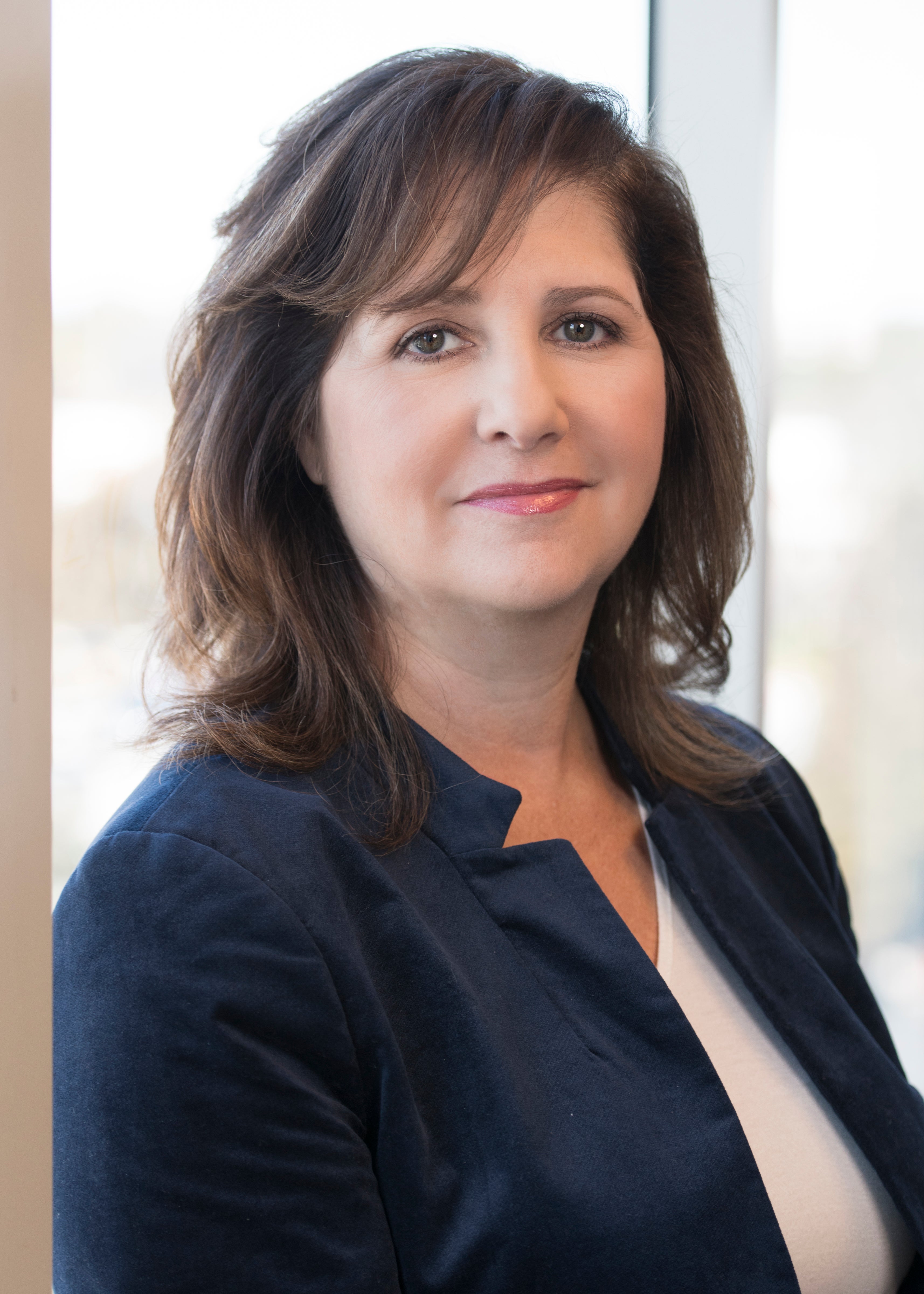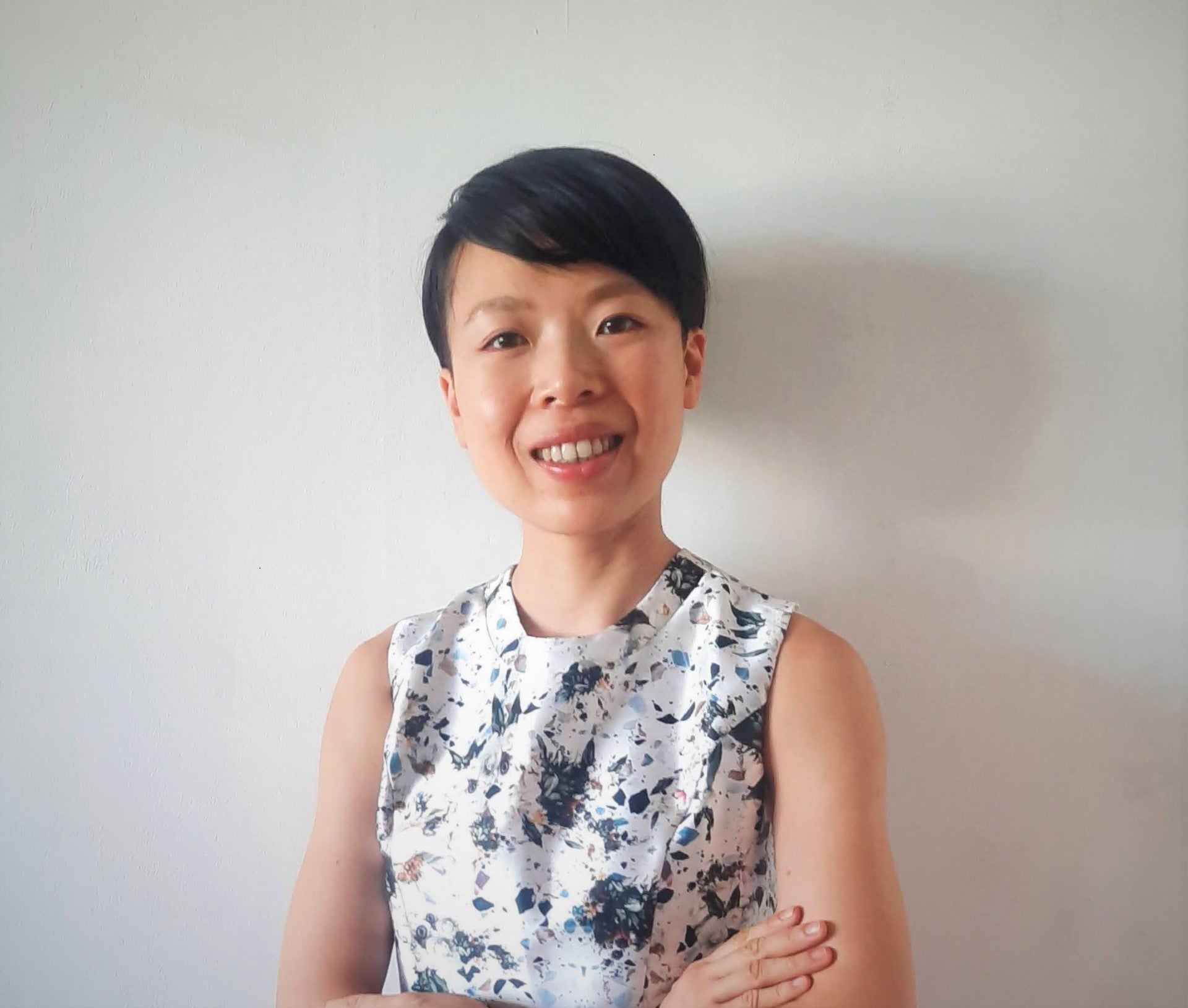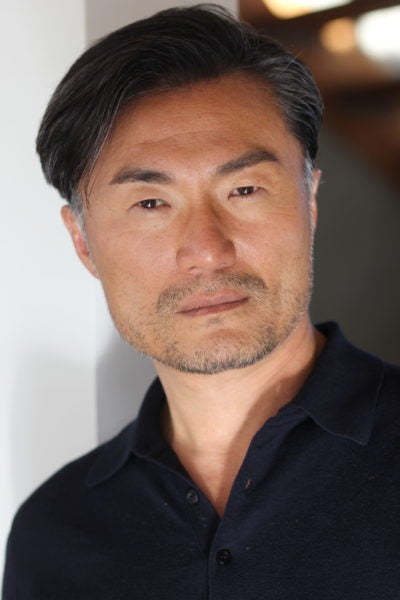The ACC Foundation’s inaugural Vanguard Awards honor corporate legal departments that are using data to drive their DEI impact and success. The award was created to showcase organizations that have demonstrated their commitment to and impact on legal diversity by completing the ACC Foundation’s DEI Maturity Assessment (powered by Ethisphere) and scoring within the top 15 percent of respondents.
Leaders at Intel, FedEx, and Trusaic share insights into their companies’ data-driven approach to DEI and why it works for them.
How does it feel to win the first Vanguard Award?
Evangelina Almirantearena, Intel: We are thrilled to receive this recognition, and it is to my mind a real testament, not only to Intel’s commitment to inclusion but also to all the people in the organization who work every day to make Intel a more inclusive place.


NC Kwong, FedEx: FedEx is extremely honored to win the first Vanguard Award! We are very proud to see that our commitment towards DEI has brought us into the top 15 percent of the survey respondents. Given the group size and brand names of the other companies participating, FedEx is delighted to know that we are on the right track.
We’re very proud to win this award. Winning is a great validation of who we are and what we have been working for.
Trusaic is a purpose driven company built from the ground up to provide our expertise in the most complex business issues businesses often face around data, people, and regulations. We help organizations hire diverse individuals, provide affordable healthcare, and achieve pay equity. Our purpose is weaved into every fiber of our being and that naturally extends to our internal culture as well.
Trusaic is also the embodiment of my life’s journey. I emigrated with my family from South Korea to Los Angeles as a 10-year-old boy. The discrimination and injustice we faced here helped shape my personal belief that we all have the right to health, safety, and dignity. It drove me professionally to build this company and drove me personally in the volunteer work that I do, which has always been about promoting access to jobs, education, and politics. So, for me, the Vanguard Award is really recognition of my life’s work.

Why is DEI important for your organization?
Almirantearena: Over the years, diversity and inclusion is something that has really been built into the fabric of our organization. Our corporate social impact group has a phrase that I really think sums it up: "It's how we work." As a company, Intel has long recognized that diverse and inclusive teams lead to driving innovation and business growth.
NC Kwong: As a global business, we value and recognize diversity, equity, and inclusion (DEI) as essential to our success. To meet the needs of a diverse customer base, we reflect that diversity within our organization and celebrate it in communities around the world.
Our culture values and behaviors unify all our operating companies and empower us to support our strategy and our values. They are grounded in three components — our People-Service-Profit philosophy, the Purple Promise, and our Quality Driven Management system — directly aligned with our strategic operating principles of compete collectively, operative collaboratively, and innovate digitally as one FedEx.
At FedEx, we believe DEI connects people and possibilities to deliver a better future for all team members, customers, suppliers, and communities.
Sheen: DEI is central to who we are as an organization. Purpose is in our DNA. Our software solutions are designed to help organizations create better, more equitable workplaces. Because it is at the heart of what we do, it’s important that we also live up to these commitments internally.
It’s also a business imperative for us for many reasons. It helps us recruit and retain top performers who bring a wide range of ideas from a wide range of life experiences. We work with global companies. This means that we need to understand the differences in culture and the customs of our clients who operate around the globe. Our diverse internal team helps us understand our clients so that we can build products that recognize our unique differences.
In this political climate, why has your company continued to prioritize DEI?
Almirantearena: If you firmly believe that diversity, inclusion, and teams drive positive business outcomes, you need to prioritize diversity and inclusion to enjoy those benefits.
NC Kwong: FedEx firmly believes we are stronger, better, and more innovative as a company and team when everyone has equal access to opportunity. Our people are our greatest asset, and we can only drive business results by providing each team member with equitable opportunities to grow and thrive with FedEx. The unique perspectives and experiences of our diverse workforce enable innovative solutions to create what’s next.
Our diverse teams at FedEx bring different viewpoints, reducing biases and leading to better-informed decisions that consider various angles. By fostering an inclusive workplace, we uphold a sense of belonging and engagement; this leads to higher levels of employee motivation and productivity, reducing turnover and saving on recruitment and training costs. Our diverse workforce can better relate to a diverse customer base, leading to improved customer service and satisfaction. Regardless of the political climate, DEI is the right thing to do.
Regardless of the political climate, DEI is the right thing to do.
NC Kwong, FedEx
Sheen: The short answer is that it’s simply the right thing to do. We were purpose-built on the idea of creating a more diverse, fair, and inclusive culture. It isn’t a passing fad to us. As I noted earlier, it’s also good business. It helps attract and retain younger generations of investors, customers and employees who are all demanding a commitment to greater fairness and equity from the organizations they engage with.
There seems to be a disconnect between perception and preparedness. It is true that in the last few months, political costs and the legal risks have heightened. However, to us, DEI is critical to our success, both now and in the future.
There appears to be a misperception that DEI discriminates. However, if DEI is done, and done right, it makes a company much more sustainable. We live in a diverse country, and our clients are global. To us, being sustainable means we must embrace and promote diversity in our workforce.
What unique strategies or innovations has your company implemented?
Almirantearena: There may be three different aspects to that. The first is that we have taken a very multifaceted approach to our diversity and inclusion strategies. For example, here in our legal department, we have initiatives with our outside counsel, the next generation of legal professionals, and external organizations that also are committed to improving inclusion, and we have through internal initiatives and internal programming. We consider them in tandem and seek to identify harmony.
For example, our outside counsel participates with us in our pipeline programs and some of our internal programming and education. With external engagements, we work to both take advantage of the inclusion improvement opportunities and also the professional development opportunities that those organizations afford the members of our department. So, it's really trying to sort of take the different facets and work them together. We are trying to look holistically at some of our other initiatives. For example, we have a corporate pro bono program in the legal department, and we are working to find ways to continue to integrate our diversity and inclusion initiatives with the pro bono work that we do.
The third aspect, something that we emphasized during the pandemic due to the rise in remote work, is the relationship-building role of our diversity and inclusion initiatives amongst members of our team. We have an Intel wide inclusive leaders program that we are implementing: This involves small group cohorts that get together once a month and discuss curated topics around how to be a more inclusive leader. Our team includes trade professionals, attorneys, government affairs experts, and other legal practitioners. By facilitating discussions among these individuals — many of whom may have never met or worked together — we aim to build vibrant communities.
Similarly, our lead-in circles initiative offers a curated selection of topics on professional and personal development. Each circle is free to choose its own subject and convenes monthly to engage in meaningful conversations. This initiative has been instrumental in bringing together people from various parts of the department, fostering connections, and building relationships centered on the theme of promoting inclusion.
NC Kwong: We have established an AMEA wide DEI Council with four Pillars (Gender, Generations & Culture, LGBT+ and Disability) each sponsored by an officer to lead targeted initiatives in each area. We aim to foster education, create awareness and engagement, and strengthen the sense of inclusion and psychological safety for team members.
FedEx believes in empowering women in reaching their full potential. To build a pipeline of female leadership within FedEx, we run various programs to meet different needs. These include mentorship programs Linc-UP and RAMP UP, education on gender topics, as well as partnerships with external communities and women led businesses to extend our commitment in gender equality to the society.
FedEx took a step towards a more family friendly and gender equal workplace by increasing paternity leave benefits for our male employees not just as part of a family friendly work culture but also to foster shared childcare responsibilities among parents. This is a necessary step in societies that often rely on women as the primary child caretaker. This builds a workplace that supports shared childcare responsibilities among different genders.
HR leaders at FedEx have embraced options like partial or full telecommuting, flexible work schedules and places, and part-time roles to accommodate the needs of child and family care responsibilities amongst team members, especially women, reducing barriers for women in job advancement.
We regularly review policies and practices including reviewing our People Policies to become more gender inclusive by removing gender stereotyped language. An expanded equal opportunities statement was added to all our job postings to specifically tackle the research finding that women and people of minority backgrounds are less likely to put in their applications unless they feel they are fully qualified for the positions.
FedEx stresses the importance of education and awareness through creating learning resources, building toolkits sounding our DEI Pillars and engaging team members in active conversations on the trends in DEI. In 2023, we launched the first Disability Awareness Playbook with guidance on the hiring, retention and development of team members with disabilities. This will be followed by the launch of the Disability Inclusion Awareness e-learning module in 2024 Q1.
Sheen: We regularly perform a holistic evaluation of our DEI programs and compensation plans.
This means that we undertake a comprehensive assessment of our DEI policies, programs, and initiatives and how they relate to employee compensation programs. The assessment also evaluates whether those initiatives offer equal opportunity to all groups.
We ensure that DEI-related performance metrics are measurable, adequately disclosed, and tailored to our business. Using our own tool, PayParity, which recently won an HR Tech Award for best DEI software from Lighthouse Research, we are able to measure our performance, on time and on demand.
What challenges have you faced along the way?
Almirantearena: So, I would really talk about two challenges. The first challenge is around bandwidth. In our legal department, we have a large team working on diversity and inclusion. But they are all teams of what I would call volunteers and they are doing the diversity and inclusion work in addition to their regular workload. As there is greater demand from a workload perspective, it can become more difficult for people to manage their bandwidth. We're always trying to find ways to help people make time.
The second challenge, I think, is communications. We have a lot of communication channels available to us; we have a lot of information coming at us. And so, we are constantly trying to find the most effective ways of communicating what we're doing and how people can get involved. Whether it's posting things on our site, sending out emails, or publishing our annual report, we aim to discern what works best in a very communication intensive environment.
NC Kwong: While FedEx strives to foster gender equity in the workplace, we face challenges as a traditionally male-dominant industry. According to the International Labor Organization (ILO) statistics of 2023, there are only 16.8 percent of women in the transport sector globally. According to the WEF Gender Gap report, it is projected to take another 131 years to close the global gender gap and attain workplace equality with men. Persistent structural issues impede progress: societal expectations, organizational policies and biases, and the absence of a care infrastructure.
Although there are several social and structural challenges for FedEx as a transportation industry, FedEx has continuously designed initiatives to tackle gender stereotypes and biases present in the industry and society. FedEx endorsed the United Nations Women’s Organization’s Women’s Empowerment Principles (WEPs) in 2021 as a step forward to demonstrate our commitment to gender diversity in our workplace. We also created a Gender Parity Toolkit for functions to review their gender ratios and equity, enabling targeted solutions to build a pipeline of female leaders.
Sheen: Driving social impact while maintaining profitability can be a huge barrier for organizations. To overcome this barrier, leaders must understand that purpose enables profit. Weaving purpose into the fabric of your organization is essential to being a successful leader and promoting growth alongside social good.
If you would like to be considered for the 2025 ACC Foundation Vanguard Award, or simply would like your own DEI benchmarking report to aid your organization in its diversity efforts, we invite you to take the free DEI assessment.
Disclaimer: The information in any resource in this website should not be construed as legal advice or as a legal opinion on specific facts, and should not be considered representing the views of its authors, its sponsors, and/or ACC. These resources are not intended as a definitive statement on the subject addressed. Rather, they are intended to serve as a tool providing practical guidance and references for the busy in-house practitioner and other readers.




